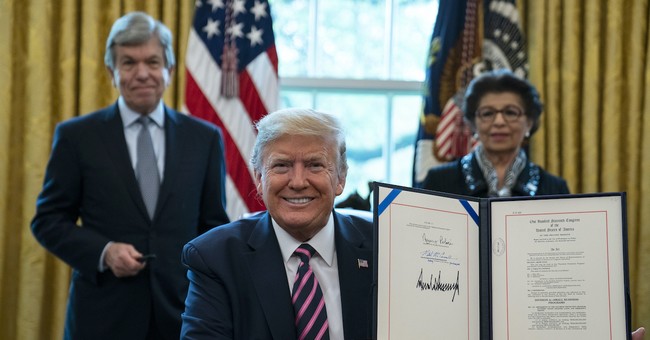
On July 20, members of Congress returned to Washington, DC with the daunting task of negotiating the next COVID-19 stimulus package. As coronavirus cases surge in the South and West, Americans are bracing for another round of shutdowns and the economic fallout that is likely to follow. As it did with previous bills intended to provide relief for the tens of millions who have lost their livelihoods due to coronavirus shutdowns, Congress must wrestle again with how to best provide relief and stimulus without incentivizing Americans to remain on the federal dole.
Although both sides of the aisle agree that the economy needs stimulating, Democrats and Republicans disagree on the size and scope of the next stimulus package. In March, Congress passed the $2.2 trillion Coronavirus Aid, Relief, and Economic Security (CARES) Act with bipartisan support. This was followed by measures to increase funding for the Payroll Projection Program and other relief programs. To date, Congress has allocated more than $3 trillion to combat the economic devastation wrought by COVID-19.
In May, emboldened Democrats in the House of Representatives passed a gargantuan bill called the Health and Economic Recovery Omnibus Emergency Solutions (HEROS) Act, which carried a price tag of nearly $3.5 trillion. To almost nobody’s surprise, this bill has languished in the Republican-controlled Senate, where its odds of passing in the near future lies between slim and none.
One of the more controversial aspects of the CARES Act was that it added a federally funded boost of $600 per week to all Americans on state unemployment benefits. The extra $600 in federal funds per week is added to state benefits, which means the majority of those receiving unemployment benefits are making more money (in some cases lots more money) than they would ordinarily earn in their jobs.
This is one of the larger points of contention that Congress must address in the next relief bill. Most Republicans were skeptical of the notion that huge federal increases in unemployment benefits were fiscally sustainable and responsible. In fact, several Republicans opposed the extra unemployment payments. With the boost expiring in less than 10 days, Democrats are mounting a push to continue the federal boost to state unemployment programs.
Apparently, Democrats are hellbent on keeping the federal funds flowing, despite a recent resurgence in hiring. According to the most recent jobs report, the U.S. economy added a single-month-record 4.8 million jobs in June. Although there is still much work to be done (literally), this does show the economy is roaring back faster than most experts predicted. The American economy is heating up as the dog days of summer approach. Hence, Congress should focus on transitioning unemployed workers back to the workforce, not keeping them on the sidelines with exorbitant unemployment benefits. A payroll tax cut, which is being pushed by President Trump, would likely help accomplish this goal.
Yet, for some reason, Democrats are all-in on sustaining amplified unemployment insurance. This is a bad idea that does more long-term damage than short-term success. Perhaps the Left has an alternative agenda, such as normalizing a universal basic income program, something they have floated for years.
The current rationale for increased unemployment benefits is the ongoing coronavirus pandemic, but what will happen when the virus is defeated and the U.S. economy fully reopens? Obviously, there is a chance that a significant portion of the population will be accustomed to receiving lavish benefits. Will they be willing and able to return to work, where they may receive less compensation? Or will at least some of the people demand a permanent source of income from Uncle Sam? Could we be on the verge of a universal basic income in America? Are we headed down a road that leads further from capitalism and personal responsibility and nearer to socialism?
Some lawmakers have kept their cards close to the vest in terms of where they stand on extending the federal unemployment benefits. What we do know is that on July 21, Sen. Majority Leader Mitch McConnell (R-KY) said the GOP’s plan will likely include another round of direct payments via stimulus checks, as well as another round of highly targeted business loans, and funds for vaccine development and school reopening.
To mitigate the effects of the $600 weekly unemployment bump and the disincentive to return to work, Republicans are likely to propose a stimulus package that will include a return to work bonus, a payroll tax cut, and more measures meant to incentivize hiring. This week, Republicans will likely iron out the details of their proposal. Whether or not Democrats get onboard remains to be seen. And vice-versa.
The House of Representative breaks for summer recess July 31. The Senate breaks for summer recess August 7. Like most things in life, time is of the essence and compromises will need to be made by both sides.
Samantha Fillmore ([email protected]) is the government relations coordinator at The Heartland Institute.
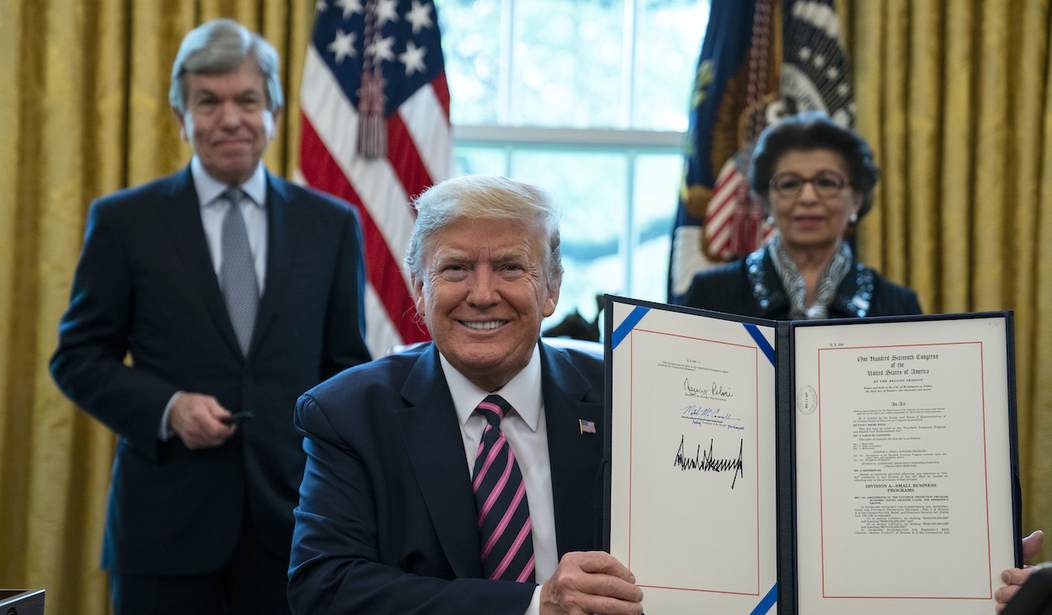
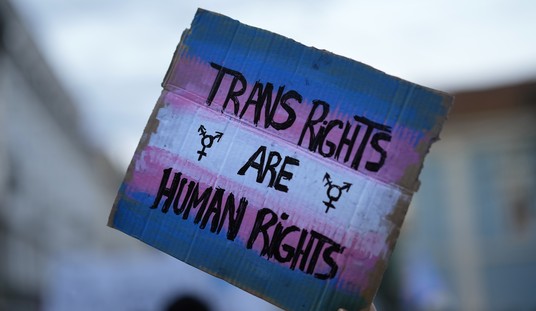

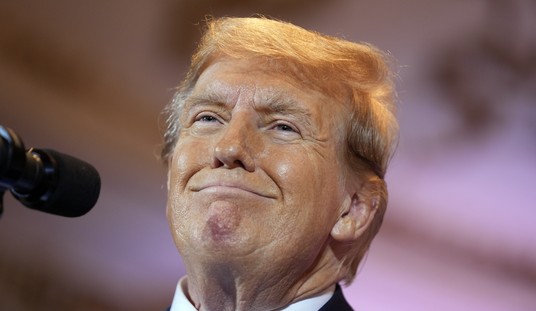
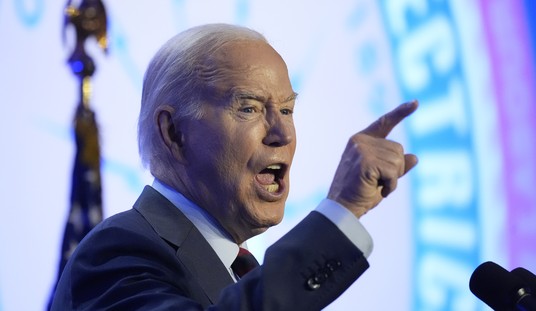
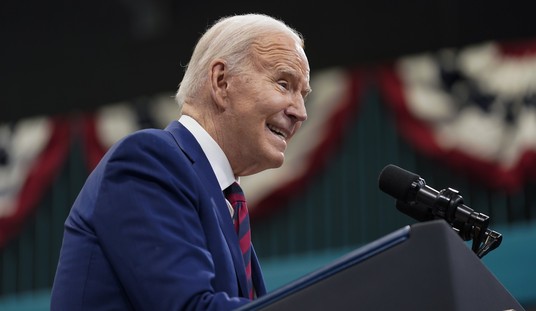





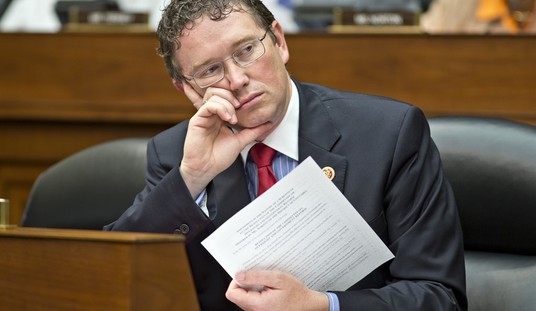

Join the conversation as a VIP Member